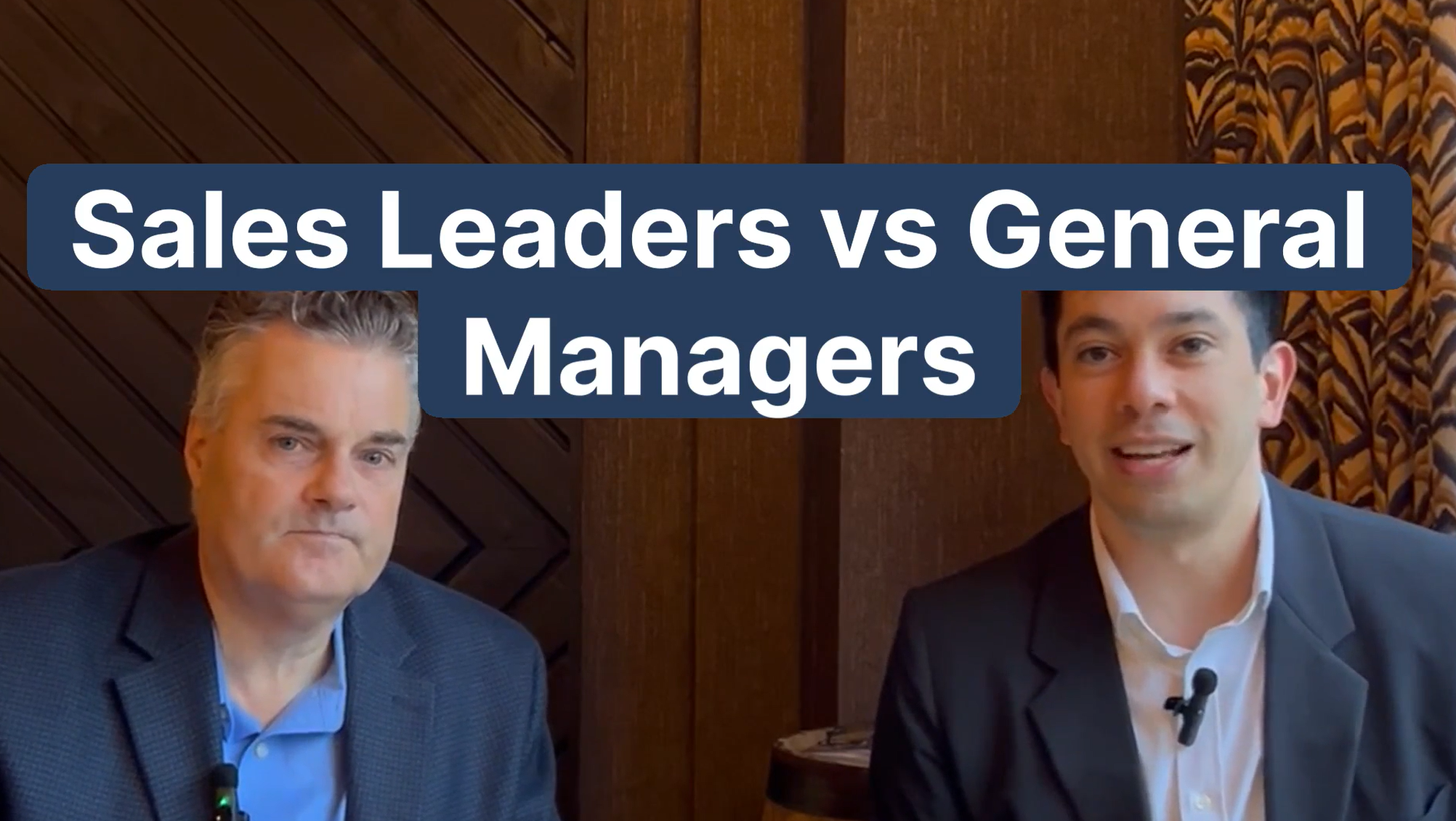Selling a Restaurant in Tennessee: A Practical Guide
Selling a restaurant is one of the most significant decisions an owner can make. Whether you’re ready to retire, pivot to a new business, or simply...
2 min read
Joseph Steigman : Updated on February 23, 2026

Selling a manufacturing business isn’t like selling a service firm or tech startup. It involves capital equipment, skilled operators, complex processes — and buyers are looking for proof that the business will run smoothly without you.
Whether you’re planning to sell in 2 years or 10, these 5 steps will put you in a stronger position.
When you sell a manufacturing businesses, it often has millions in depreciated equipment and inventory.
That makes tax strategy essential.
A tax advisor with M&A experience can help you:
💡 This step alone can have six-figure implications.
Buyers scrutinize your machinery.
If it’s 20+ years old and running on duct tape and prayers, it’s going to lower your valuation — or kill the deal.
Modern equipment signals:
Target high-impact upgrades like:
Most of your company’s value lives in its people, processes, and systems — not just the machines.
That includes:
Buyers need to know they’re not losing everything when your foreman retires.
🔐 Protect your trade secrets
🧠 Document your process knowledge
📚 Create SOPs across the shop floor
Manufacturing companies that sell integrated solutions — not just components — consistently command higher valuations.
If you can offer:
You’re not just a vendor — you’re a partner.
That’s more attractive to both strategic buyers and private equity.
You might know how to run a plant — but selling a manufacturing business is a full-time job in itself.
A specialized manufacturing business broker:
Don’t go it alone.
A good broker helps you maximize value and minimize distractions so your business doesn’t suffer during the sale.
Manufacturing exits are complex, asset-heavy, and emotionally charged.
If you want to sell a manufacturing business — and maximize the value you get — the work starts years before closing day.
That’s what I help owners do. Whether you’re ready to list or just want to explore your options…

Selling a restaurant is one of the most significant decisions an owner can make. Whether you’re ready to retire, pivot to a new business, or simply...

If you’re considering selling your business but concerned about the tax hit, you’re not alone. Many business owners hesitate to exit because of the...

When a business owner hits a turning point — whether that’s scaling up, stepping away, or preparing for a sale — the next hire can dramatically shape...